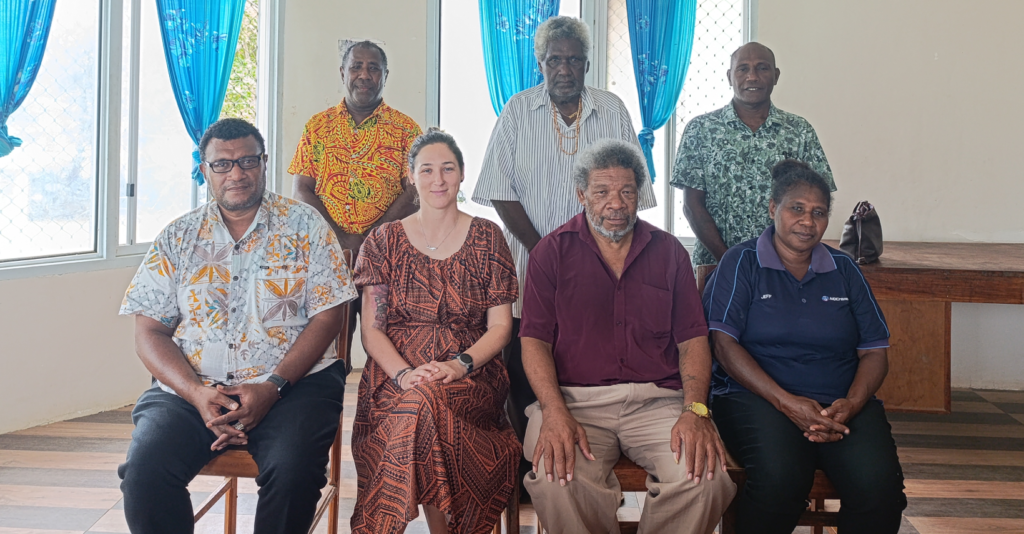BY JOHN HOUANIHAU
Niue Prime Minister Dalton Tagelagi has called for enhanced coordination among multilateral organizations, regional fishery bodies, and governments to ensure sustainability commitments are effectively translated into action.
He made this statement during his opening remarks at yesterday’s Panel 1, Session 7, which focused on supporting fisheries sustainability through the implementation of international instruments.
Tagelagi emphasized the need to strengthen monitoring, control, and surveillance mechanisms to combat illegal, unreported, and unregulated (IUU) fishing and ensure that financial and technical assistance reaches the nations that need it most.
“Aligning economic incentives with conservation goals, particularly through reform, promotes a fair and equitable approach to marine resource management that acknowledges the unique vulnerability of seabeds. Transformative opportunities for sustainable fisheries must be embraced.”
Tagelagi highlighted that international agreements, such as the WTO Agreement on Fisheries Subsidies, present critical opportunities to curb practices that undermine sustainability.
He stressed that Niue strongly supports efforts to eliminate harmful subsidies that contribute to overfishing while ensuring that any reforms consider the specific needs of developing coastal nations.
Tagelagi also noted that Niue is currently exploring the possibility of joining the BB&J Agreement, recognizing its significance in protecting the region’s marine resources.
“We believe its implementation must be inclusive and acknowledge the rights and responsibilities of all ocean states, regardless of size. Regional and national-level action must be backed by adequate resources, knowledge sharing, and governance mechanisms that uphold equity and sustainability.”
He acknowledged the challenges Niue faces in strengthening national frameworks and building capacity, as it works to translate international commitments into national legislation and management plans.
Tagelagi called for stronger partnerships that provide meaningful technical assistance, capacity building, and sustainable financing mechanisms.
“Our priority must be developing resilient, adaptive frameworks that ensure fisheries remain viable for future generations. This includes adopting science-based policies, investing in local expertise, and empowering communities to take ownership of conservation efforts.
“The future of our fisheries and marine biodiversity depends on the decisions we make today. We have the frameworks, the knowledge, and the tools to safeguard our ocean for future generations.”
Tagelagi reaffirmed Niue’s commitment to collaborating with Pacific partners, regional bodies, and the global community to advance the sustainable management of ocean resources.
“We urge all nations to ensure that the implementation of international instruments remains equitable, inclusive, and responsive to the unique needs of all stakeholders, particularly small island developing states.”
For feedback, contact: [email protected]



